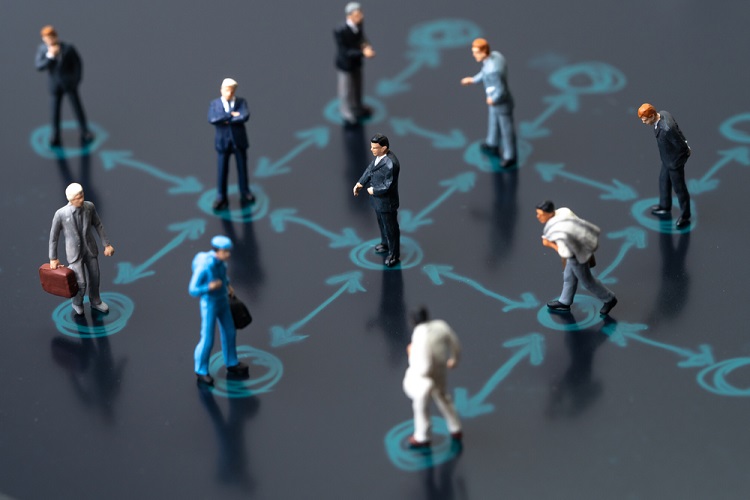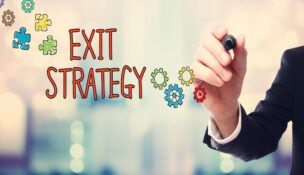Back to the distancing future
Rundles Wrap-Up: What the future holds as we slide into "the new normal"
Jeff Rundles //July 9, 2020//


Back to the distancing future
Rundles Wrap-Up: What the future holds as we slide into "the new normal"
Jeff Rundles //July 9, 2020//
The ins and outs, peaks and valleys, highs and lows and ups and downs of the Coronavirus/COVID-19 pandemic we are all experiencing are now etched in our minds as permanently as a mental tattoo. But amid all the things I wish I never knew and pray I can someday not remember, what comes to mind for me was the very first admonition sent out by experts way back in February: Wash your hands for 20 seconds, frequently.
Back then in the long ago pre-crisis era we members of the general public thought that rigorous hand-washing would be about the worst of the situation. How quaint and naive it seems now. My favorite things were the tips offered for timing your hand-washing sessions. My wife told me, “They recommend you recite the ABC Song, and that will be about 20 seconds, and she sang: “A-B-C-D-E-F-G … Now I know my ABCs, next time won’t you sing with me.”
But in my head I heard Michael Jackson: “A, B, C; It’s easy as one, two three; Or simple as do-re-mi …”
Now I can’t get that song out of my head; it’s become my anthem to the Corona-verse. If only this whole catastrophe was as easy as one, two, three. And while I look back to help me deal with the realities of today, I can’t help thinking about the future, or as many people I have been six feet from have said, “When we get back to normal.”
I’ve got news for you: We aren’t going back to normal; we’re going back to the future, a future that will be some far distancing from the world we left in March. As I see it, the future holds some positives and plenty of negatives, but I am certain it won’t be “normal.”
When we emerge from this, I see a world where 50% – at best – of the restaurants reopen. And, of course, that loss will involve thousands of jobs. Moreover, I think a similar percentage of loss will befall the entire brick and mortar retail scene, with e-commerce surging more than ever; keep a wary eye on monopolies like Amazon. This will be part of growing willingness to embrace the safety of social distancing.
What with all of the work-from-home tele-meeting/Zoom jobs many businesses have instituted, I can imagine that the less-social arrangement will be embraced in a larger way than ever before. The net effect – and the benefit to business – will mean that many companies will do with far less commercial real estate than they had planned – and far less expensive office space as well. Hell, we’ve learned to work from anywhere, so high-price Class A offices in major cities, I believe, will give way to smaller, cheaper, and more spread-out HQs. Corporate distancing, if you will.
The dearth of face masks, ventilators and other medical supplies – many of them sourced from China – and the overall disruption in the Asia-heavy distribution chain of a wide range of goods I am sure will result in many companies bringing vast amounts of manufacturing back into the United States. Prices will rise, sure, but so will consumer confidence. If there ever was a “Made in the USA” moment, this is it. Global distancing, I suppose.
I also believe people will come to the conclusion that staying close to home has numerous benefits. My sense is that people are seeing the pollution advantages of driving less, and the cost benefits as well, so I imagine that car travel will not return to “normal.” So too air travel. I’m guessing that the airline industry and the travel industry will both take significant hits from the pandemic, and may never fully recover. Distance distancing, you could call it.
There is also the real possibility – probability – that many people, reaching right up to the uber rich, are discovering that they haven’t put anywhere near enough away for a rainy day, and that rainy days can and probably will crop up more often. My guess is that savings will greatly increase as we slide into the “new normal,” and that frivolous spending will abate. Conspicuous consumption distancing.
It’s not going to be as easy as one, two, three. And it’s going to cost a lot of do-re-mi.
Call it “normal” distancing.

























